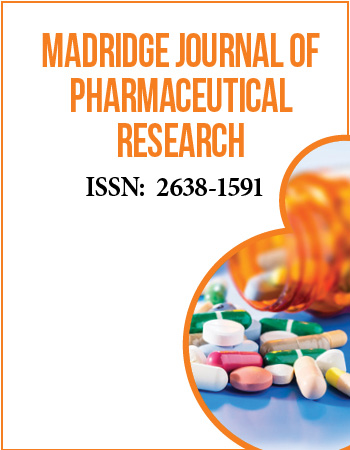International Conference on Medicinal and Pharmaceutical Chemistry
December 5-7, 2016 | Dubai, UAE
Zika virus NS5 protein potential inhibitors: An enhanced in silico approach in drug discovery
School of Health Sciences, University of KwaZulu-Natal, South Africa
The re-emerging Zika virus is an arthropod-borne virus that has been described to have explosive potential as a worldwide pandemic. The initial transmission of the virus was through a mosquito vector, however, evolving modes of transmission has allowed the spread of the disease over continents. The virus already been linked to irreversible chronic central nervous system (CNS) conditions. The concerns of the scientific and clinical community are the consequences of Zika viral mutations, thus suggesting the urgent need for viral inhibitors. There have been large strides in vaccine development against the virus but there are still no FDA approved drugs available. Rapid rational drug design and discovery research is fundamental in the production of potent inhibitors against the virus that will not just mask the virus, but destroy it completely. In silico drug design allows for this prompt screening of potential leads, thus decreasing the consumption of precious time and resources. This study demonstrates an optimized and proven screening technique in the discovery of two potential small molecule inhibitors of Zika virus Methyltransferase and RNA dependent RNA polymerase. This in silico “per-residue energy decomposition pharmacophore” virtual screening approach will be critical in aiding scientists in the discovery of not only effective inhibitors of Zika viral targets, but also a wide range of anti-viral agents.
Biography:
Pritika Ramharack is a PhD student under the supervision of Prof M.E. Soliman at the Department of Pharmaceutical Sciences, University of Kwa-ZuluNatal, South Africa. Her current research concentrates on the design of inhibitors against the Zika virus using in silico studies. She also has experience with molecular and cellular biology.


